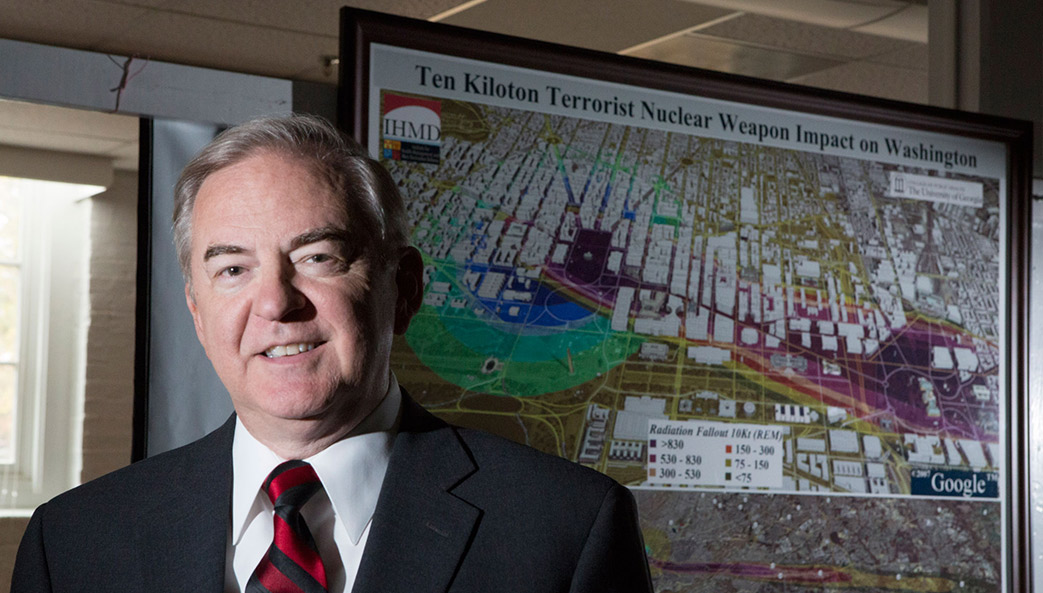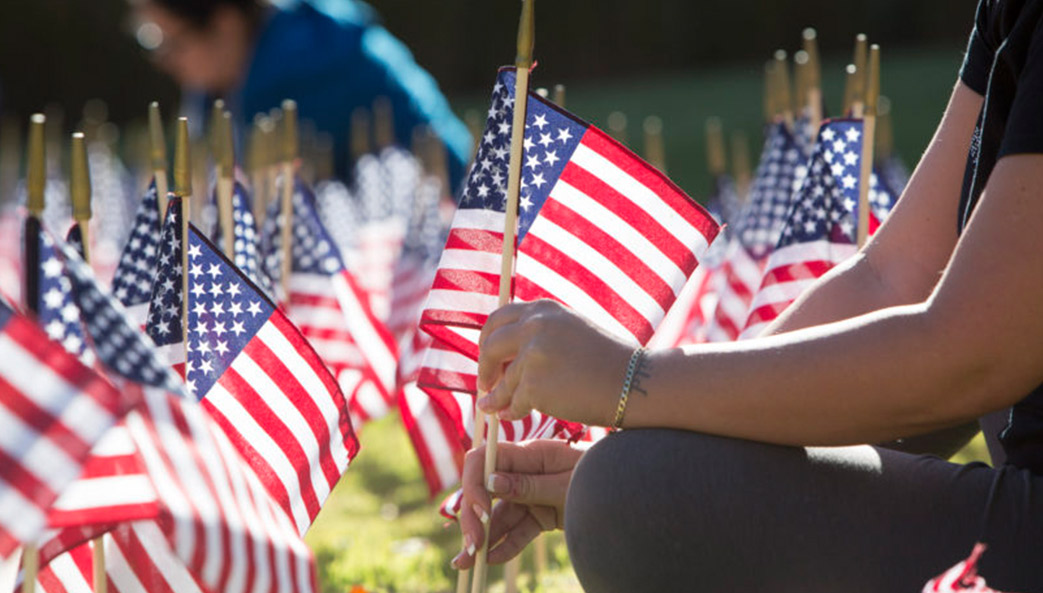Against the ominous backdrop of escalating tensions between Washington and Pyongyang over North Korea’s nuclear program, a UGA study has found that American medical professionals are woefully unprepared to handle the needs of patients after a nuclear attack.
Researchers analyzed survey responses from over 400 emergency medical personnel in the U.S. and Asia. More than half of the respondents hadn’t received any formal education on issues related to radiation, and misconceptions were common. For example, many thought that the immediate medical need after a Hiroshima-sized nuclear detonation would be thermal burns when, in fact, patients are more likely to need treatment for lacerations.
When asked to rank what type of disaster event would make them unwilling to come to work, more respondents chose nuclear bomb than any other possibility.
“What we found was that medical personnel were actually more afraid of radiation than they were of biological or chemical events,” says Cham Dallas, lead author and director of the Institute for Disaster Management at the College of Public Health.
“These are people who see trauma and death all the time,” Dallas says. “They’re tough, but not with radiation.”
The results were published in Frontiers in Public Health.
This brief appeared in the spring 2018 issue of Research Magazine. The original press release is available at https://news.uga.edu/nuclear-attack/.






